Social media has made exotic animals more accessible than ever. Just search for “unusual pets” on TikTok or YouTube, and you will be inundated with videos of prairie dogs being walked outside on leashes, servals roughhousing with house cats and capybaras lounging on beds eating watermelon.
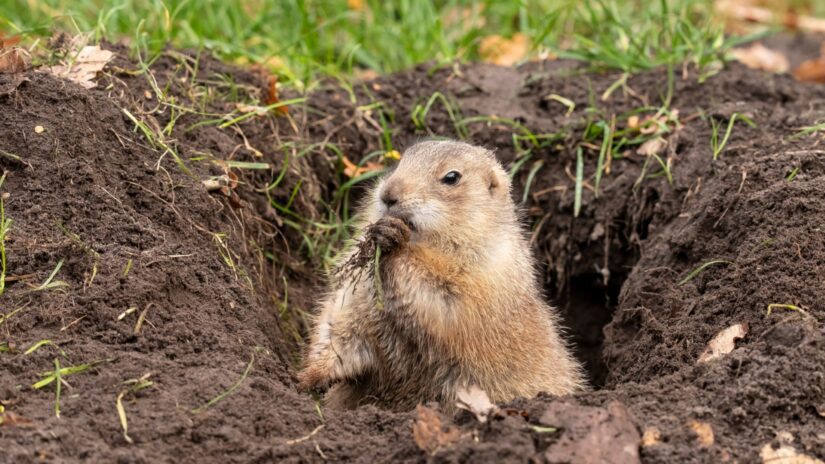
Most people would never seriously consider keeping a prairie dog, serval or capybara as a pet. Yet few people have the same reservations about liking, sharing or following an exotic pet online.
The truth is that having a social media presence can be harmful for exotic animals. Being in the public eye is no guarantee of good welfare, whether in front of the camera or behind it. Even when exotic pets appear to be well cared for, social media can still be damaging.
Social media can make exotic animals seem like suitable pets
Simply seeing an image of an exotic animal and a person together changes how the animal is viewed. Research conducted with chimpanzees found that people were 30 per cent more likely to think of chimpanzees as appealing pets when shown a photo of a person with a chimpanzee compared to a photo of a chimpanzee alone.
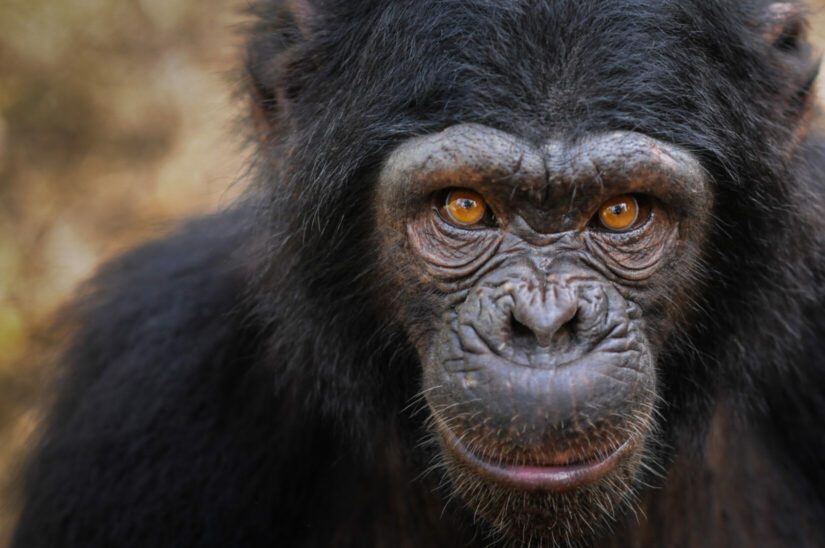
Social media can increase the demand for exotic pets
Seeing exotic animals online convinces some people to make the leap to ownership. One study analyzed responses to a viral video of slow lorises, small nocturnal primates facing extinction in their native habitat in Asia, and found that one in 10 people who viewed the video expressed a desire to have a loris as a pet.
While not all people who say they want an exotic pet will go on to purchase one, research carried out by World Animal Protection showed that 15 per cent of exotic pet owners were inspired to get their pets after watching YouTube videos.
Another study found that commenters on Twitter and TikTok were being encouraged to message the poster directly to find out how to buy an animal. This suggests that the exotic pet trade is being facilitated directly on these social media platforms.
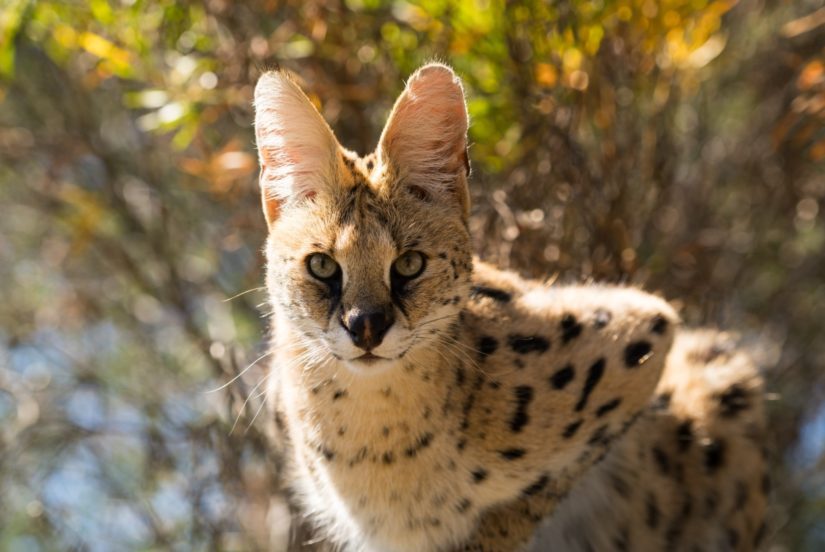
Social media can mask the threats faced by exotic animals in the wild
Having an increased presence on social media does not necessarily lead to an increased awareness of the plight of the animal in the wild. That same chimpanzee study found that people were 36 per cent more likely to think of wild chimpanzee populations as stable and healthy when shown a photo of a chimpanzee in a typically human setting compared to a photo of a chimpanzee in a natural environment.
The study of Twitter and TikTok mentioned above showed that people often believe that simply keeping an exotic pet is beneficial to the survival of the species, even when there is no conservation link.
Research has also found that people interested in buying an exotic pet are not likely to be dissuaded by learning about the negative impact of the exotic pet trade on wild populations.
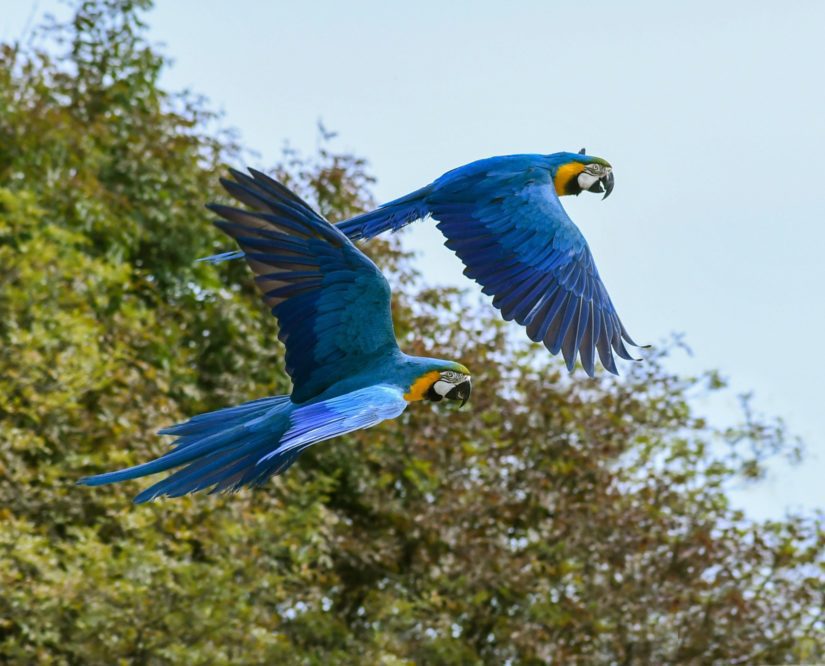
Social media can spread misinformation about exotic pets
Exotic pets are wild animals. Keeping wild animals in captivity is challenging because they have unique needs that are difficult (if not impossible) to meet, and often there is very little credible scientific information available to support their care. As a result, misinformation spreads easily — especially online.
That same analysis of Twitter and TikTok comments revealed many unfounded and speculative facts being perpetuated, such as certain animals “thriving” in small spaces. These kinds of beliefs lead to poor animal welfare.

What you can do for exotic animals on social media
Fortunately, help for exotic animals is right at your fingertips! Your behaviour online can go a long way in protecting them from exploitation.
1. Think twice before you like a post
Ask yourself whether the animal is likely experiencing stress or being portrayed in an unnatural way, such as being dressed up in costumes or made to carry out typically human behaviour.
2. Be careful who you follow on social media
Sadly, exotic animals are sometimes just props for people looking to increase their social media following. Instead, search for legitimate conservation organizations making a real difference for these animals in the wild.
3. Do a little digging before you share a video
Viral videos cross our paths all the time, but it only takes a moment to do some valuable research first. Sharing a video you think is cute only to find out later caused animal suffering is never a good feeling.
4. Support organizations like the BC SPCA who are working to protect exotic animals
The BC SPCA takes a strong stance on exotic pet ownership, and your support ensures that we can continue raising this issue at all levels of government.
5. Share this article on social media
Not everyone stops to think critically about the role that social media plays in perpetuating animal suffering. The more people who know about the welfare issues surrounding exotic pets, the better.
Read more about what you can do for exotic animals in your community.
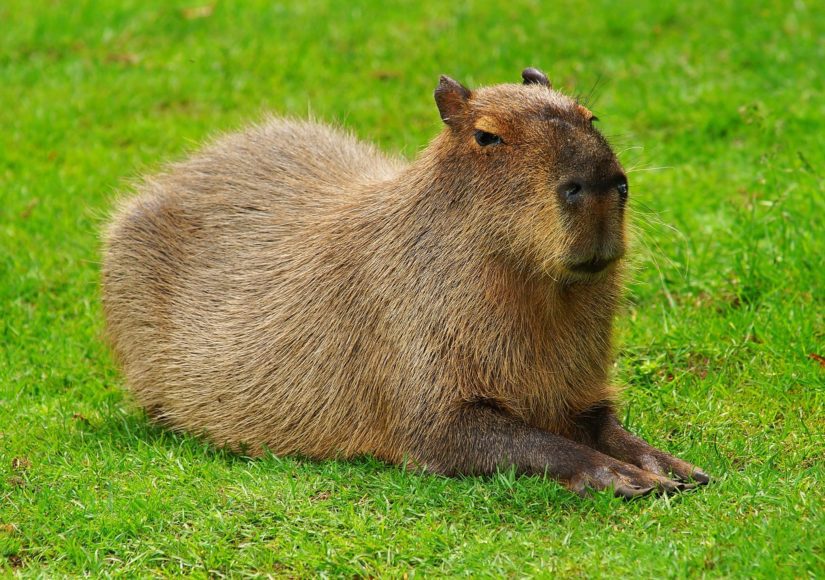
Want to receive more stories like this, right in your inbox? Subscribe to WildSense, our bi-monthly wildlife newsletter.
The BC SPCA uses your personal information to update you on our work for animals as well as for advertising and analytics purposes. More information on uses and how to opt-out can be found in our Privacy Policy.
